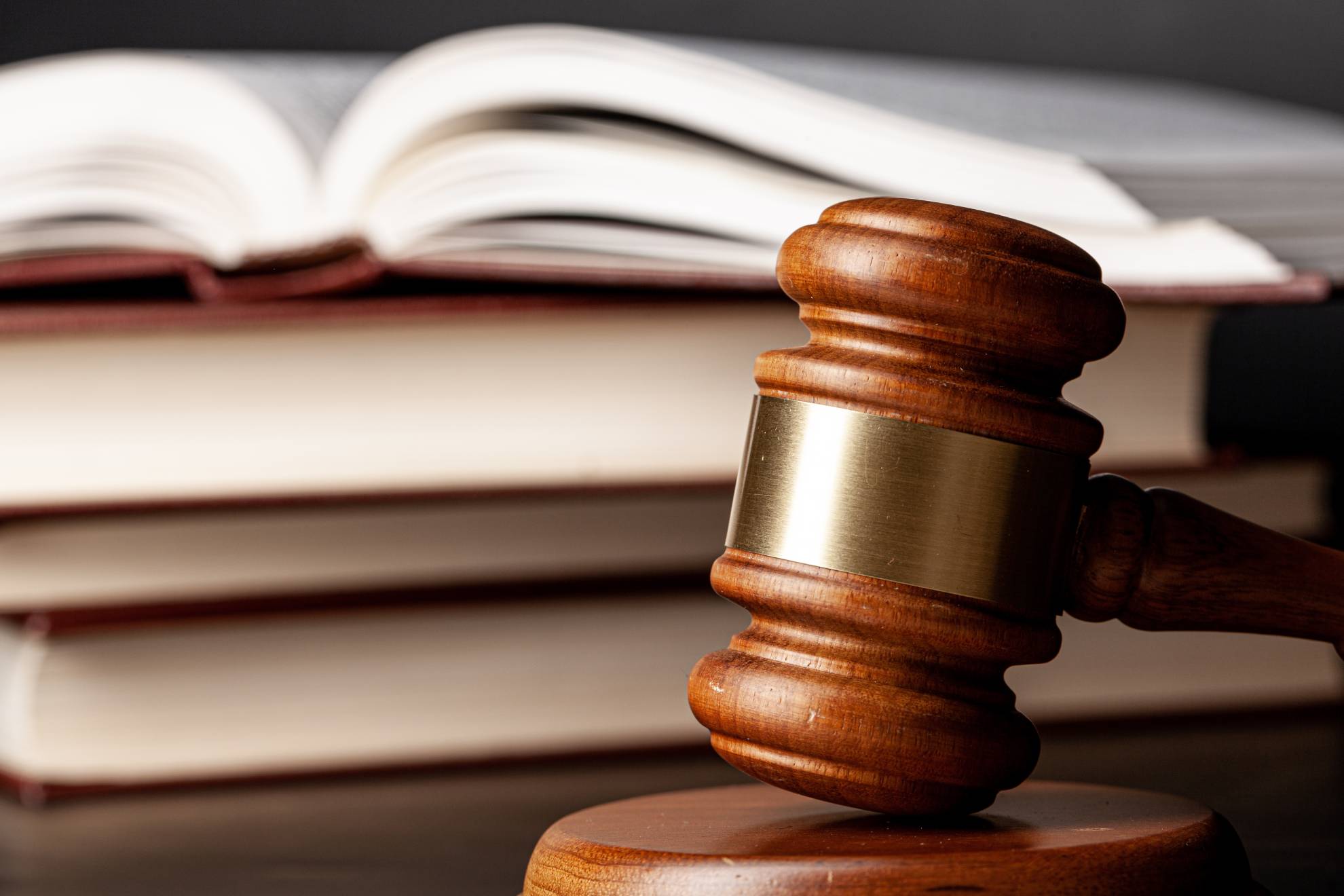I am studying in the third year of the State University of Economics and Technology.I specialize in contractual, economic and corporate law, in particular, I provide consultations and write articles.
Along with the claim proceedings in the civil process, there are also several forms of non-claim proceedings, one of which is the injunction.
- In general, injunctive proceedings are a simplified procedure for the protection of violated rights, which is a creditor's claim to the debtor, which may relate to the recovery of certain funds or the claim of property with the mandatory presence of undisputed documents, circumstances that will justify such a claim.
- The main goal of the creditor is to obtain a court order, as the main procedural document within the framework of this proceeding, which will simultaneously act as an executive document.
- The main advantages of injunctive proceedings are shorter terms of consideration of the case, a simplified procedure for such consideration, in particular, the absence of a complex system of procedural actions, as well as the possibility of canceling the issued order.
Features of injunctive proceedings:
- Participants in the proceedings are: the applicant (collector), other interested persons and their representatives.
- The applicant is the person who submitted the relevant application to the court and has the right to claim, which will be confirmed by the necessary documents.
- The interested party is the debtor, that is, the person from whom it will be necessary to recover certain property in order to satisfy the legal claim of the debt collector.
- If the applicant really believes that the debtor will not be able to reasonably object to the claim and if he has documents testifying to the legality of such a claim, then it can be argued that there is a basic reason for applying to the court.
The next basis is compliance with the requirements contained in Part 1 of Art. 161 of the Civil Code, i.e. the issuance of an order is possible when a demand has been made for:
- collection of wages and average earnings during the delay in their payment;
- a claim for compensation for the costs of searching for the defendant, child, debtor, or vehicle;
- collection of alimony; return of the cost of goods of inadequate quality; debt collection under the contract (the amount of the debt should not exceed 100 of the subsistence minimum for able-bodied persons).
If the debt collector has complied with all the above-mentioned requirements, then the court issues a court order in a simplified manner without holding a meeting and within the prescribed time frame.
- It should be noted that this court decision is issued on the basis of evidence provided by only one party to the proceedings (the debt collector).
- If there is a dispute about the right, or if there is insufficient evidence, the case will be considered in the procedure of legal proceedings.
Procedural stages of injunctive proceedings:
1. The first step is to prepare and submit an application to the court. In the application, it is necessary to indicate the name of the court, information about the applicant and the debtor, describe the content of the requirements and the circumstances with which the applicant will justify them, list the evidence that will establish the circumstances. A receipt for the payment of the court fee, a copy of the contract, which will confirm the existence of the right of claim, and other documents that will act as evidence, should be attached to the application. According to Art. 162 of the Civil Procedure Code, the application should be submitted to the court of first instance, guided by the rules of general jurisdiction. The debt collector himself or his representative can file.
2. After the application is submitted, it must be registered, duly completed and submitted to the judge, who, if all the above-mentioned requirements are met, will open injunctive proceedings by issuing the appropriate resolution. Already within 3 days from the moment of the opening of the proceedings, the judge must issue a corresponding order. One copy of the order is sent to the applicant. The debtor, in turn, must receive a copy of the order with a simultaneous explanation of the right to cancel it.
3. If the debtor does not agree with the court order, he can apply for cancellation of such order within 10 days from the day of its issuance. The application should be submitted to the court that issued the order. If the court made a decision to accept the submitted application, then a copy of the decision is sent to both the debt collector and the debtor. The review of the application must take place within 10 days from the date of the decision.
Services of a lawyer in court in injunctive proceedings:
Current legislation provides an opportunity to engage a lawyer for both the debt collector and the debtor. The lawyer for court will not only prepare a statement, but also conduct a legal analysis of the situation, help collect the necessary evidence, suggest ways to resolve the dispute, and provide representation of interests in court the interests of his client throughout the proceedings. Representative in court will save the time and money of the participants in the process, as well as guarantee the compliance of the documents with all the requirements of the law.

































